How has the Macpherson Report impacted racism in policing in the UK?
22 years later, what has changed?
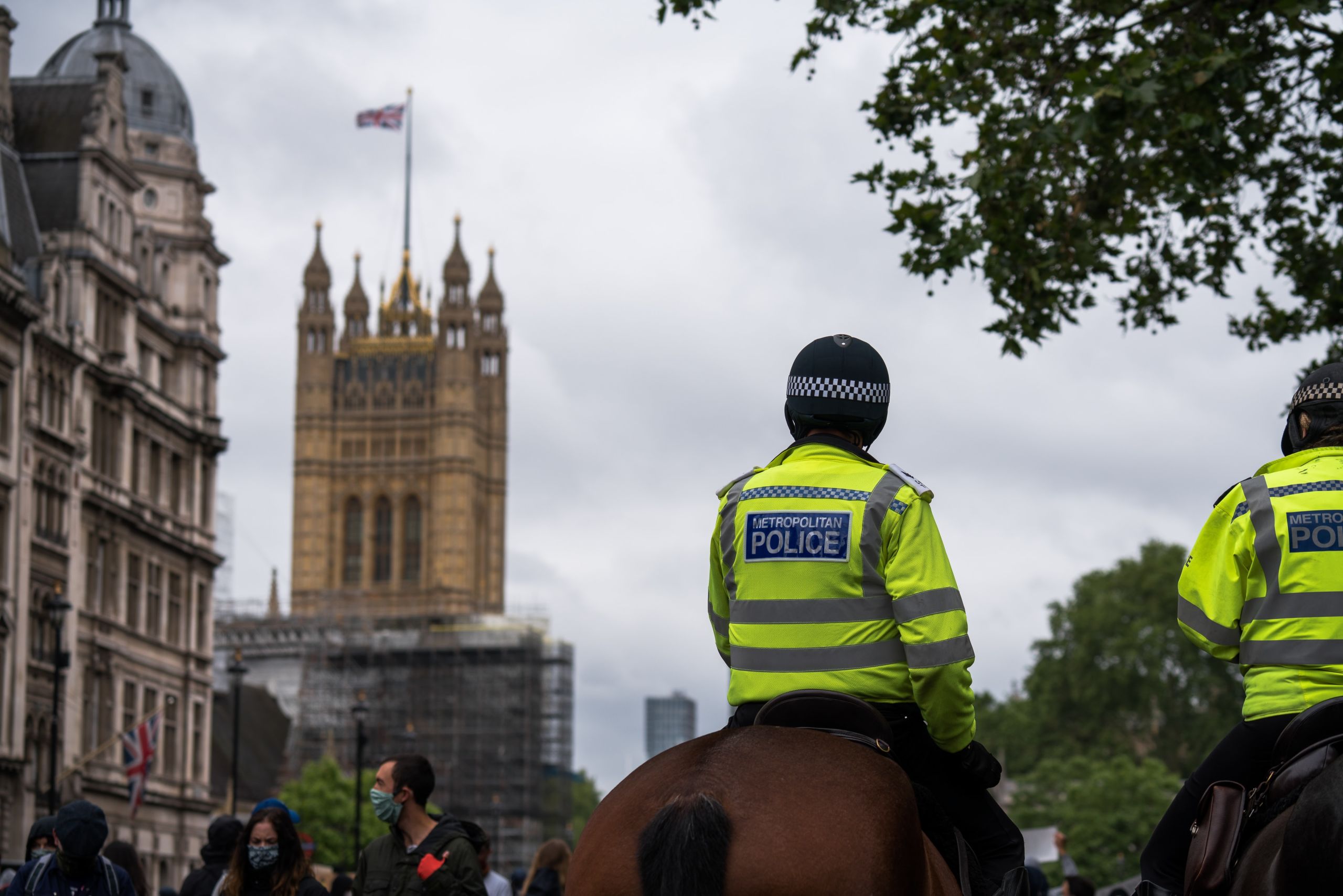
Stephen Lawrence was murdered on 22 April 1993 in an unprovoked racist knife attack. The Inquiry into his murder uncovered major failings in the police investigation and in the way Stephen Lawrence’s family and his friend Duwayne Brooks were treated.
The report, published 22 years ago, led to major changes in the law, in policing, in the response to institutional racism and the treatment of racist crimes, and ultimately to two convictions for Stephen Lawrence’s murder.
When we, MPs on the Home Affairs Committee, launched an inquiry to investigate what exactly has changed since the Macpherson report, we were concerned to hear from Stephen’s mother, Baroness Lawrence, that “things have become really stagnant and nothing seems to have moved”.
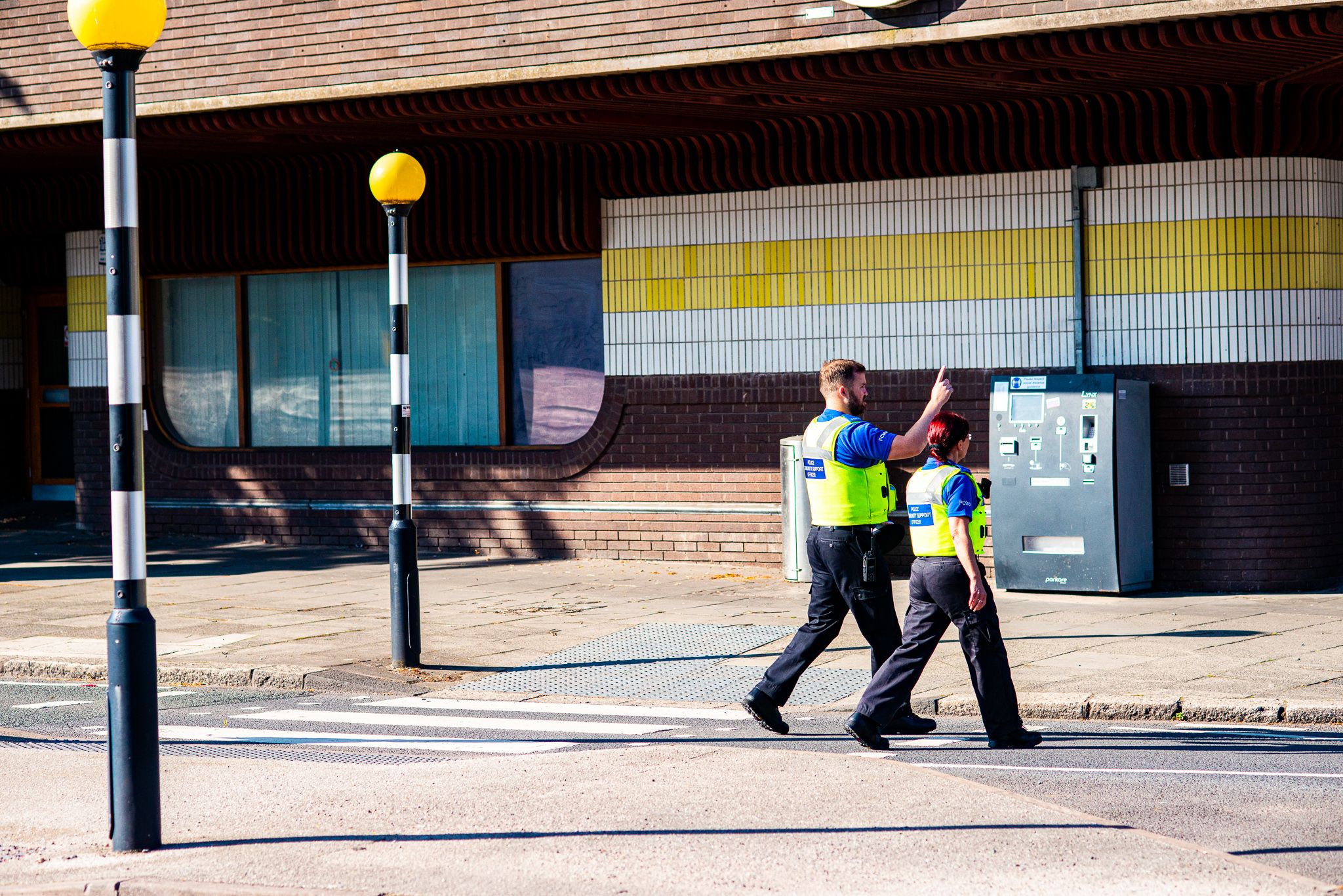
We have looked at some of the most important recommendations from the Macpherson report:
- on community confidence
- on tackling racist crimes
- on recruitment and retention of Black and minority ethnic officers and staff
- on race disparities in the use of stop and search and other powers
- on the overall aim set by the late Sir William Macpherson of “the elimination of racist prejudice and disadvantage and the demonstration of fairness in all aspects of policing.”
We have investigated the progress on these issues in the last 22 years and looked at the structures needed to deliver more progress today.
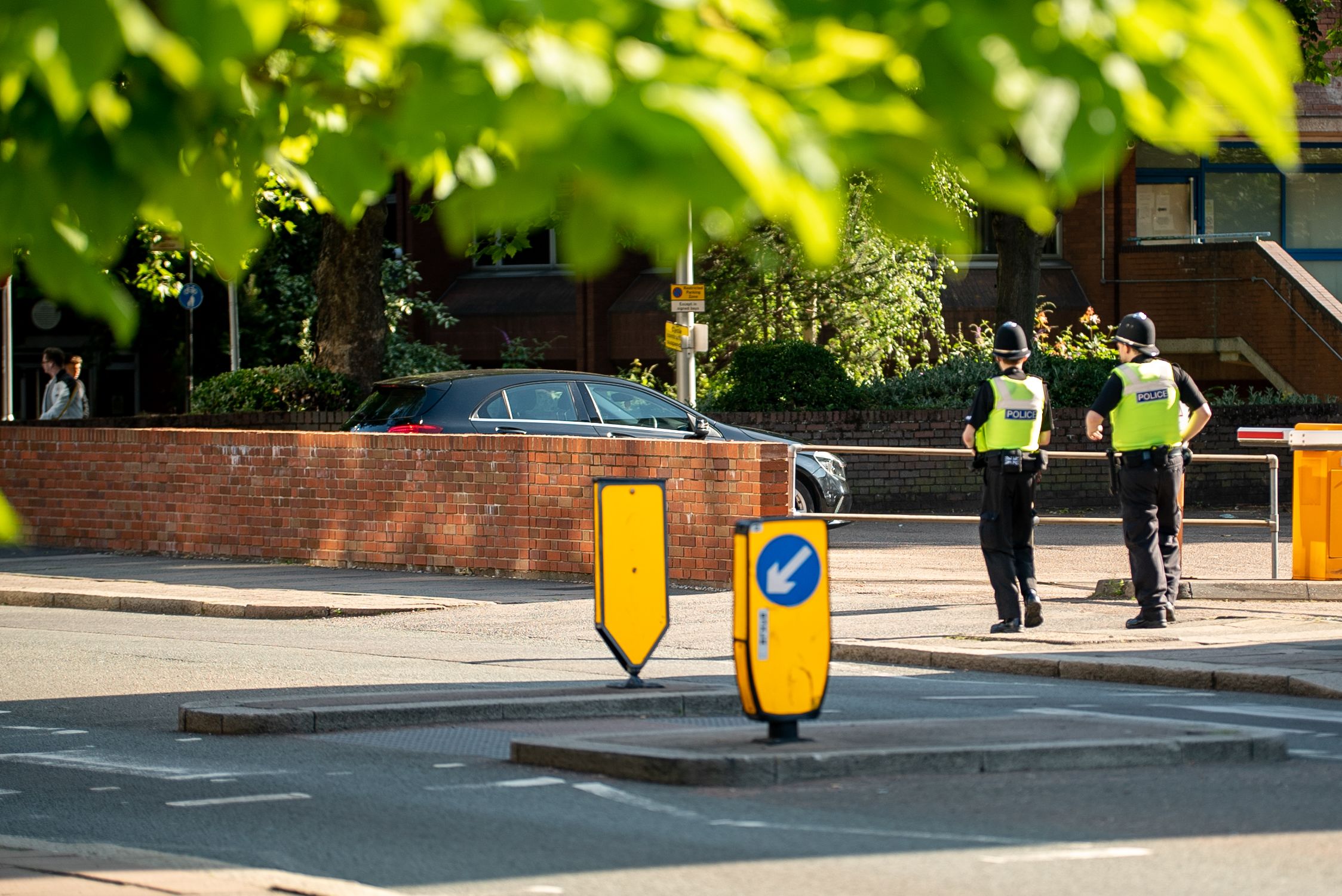
During our investigation we have spoken to a variety of experts. You can watch those sessions and read what experts told us on our website.
Three key conclusions
1. Confidence in the police
The gap in confidence in the fairness of policing between Black and White adults is persistent and has widened in recent years.
"I was asked when I was going to come here if I had direct experience and it blew my mind, because living in a community where you know your community is treated differently, there is none of us that do not have direct experience."
Professor Ben Bowling told the Committee that between 2010–2015 the police had seen “an increase in the sense of trust that, instead of being policed against, policing involved a higher degree of respect towards communities”
But following this period, he said, they have lost a lot of ground. There was a knee-jerk reaction to the increase in violent crime instead of engaging those communities in a conversation about how best to reduce crime.
It is essential community confidence must become a priority for police forces and the Home Office.
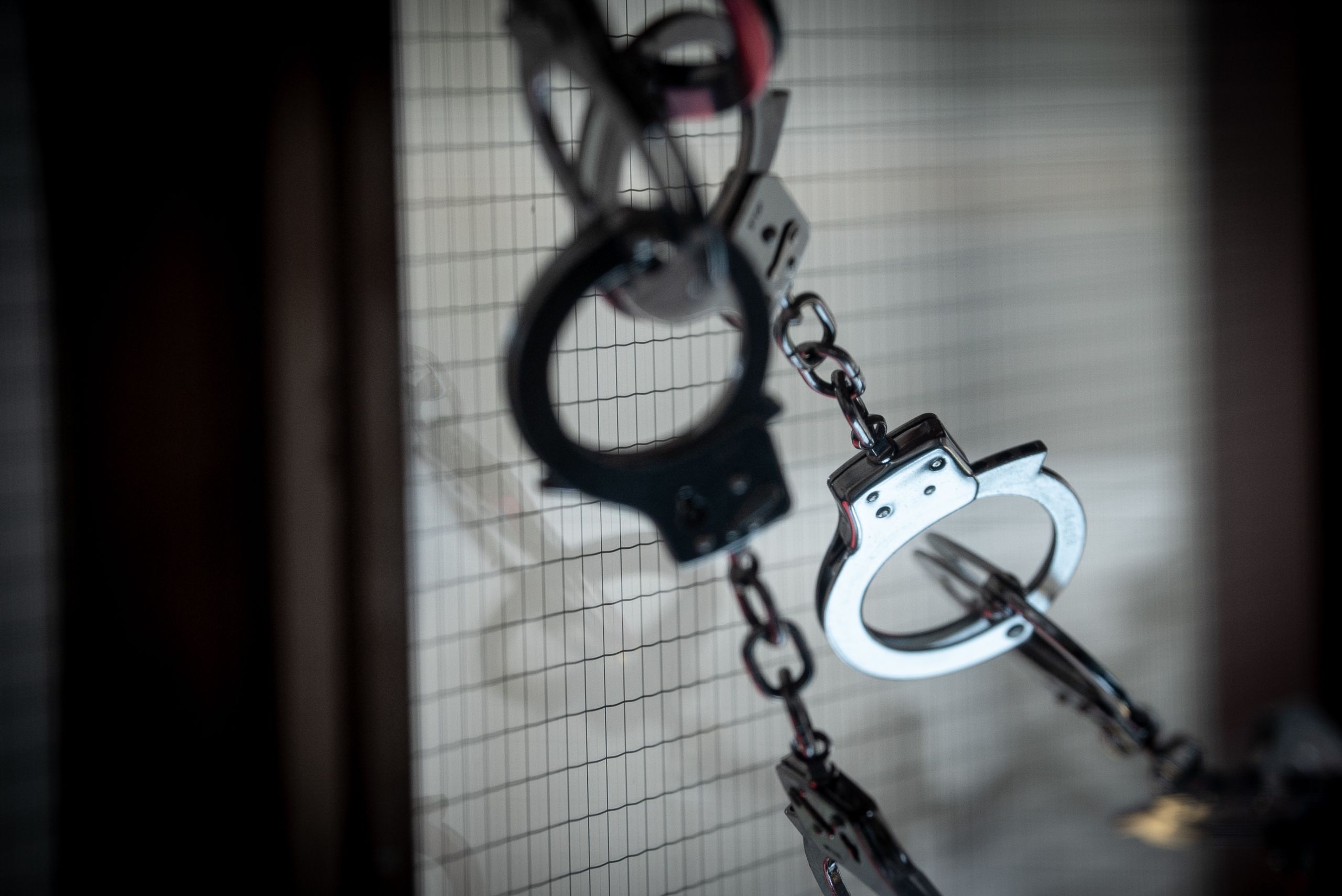
2. The police aren't representative
On current rates of progress, police forces won’t be representative of their communities for another 20 years – that would be 40 years after the Macpherson report raised the issue and nearly half a century after the racist murder of Stephen Lawrence. This is inexcusable.
"All the good work that is being done to recruit then comes into a culture that is still not embracing diversity, race and difference, which then has people either dismissed or deciding to leave voluntarily, which again makes it disproportionate."
Responding to the Macpherson report in 1999 the then Home Secretary set 10 year target for improving representation. At that time only 2% of officers in the police service overall were from a Black and minority ethnic background.
We can now see that it was only when the proportion of serving BAME police officers went up from 6.9% in 2019 to 7.3% in March 2020 that this target was finally met — 11 years late.
New minimum targets must be set immediately for the recruitment of BME officers so that all forces in England and Wales reflect the ethnic diversity of their local populations and a national target of at least 14% is met by 2030.
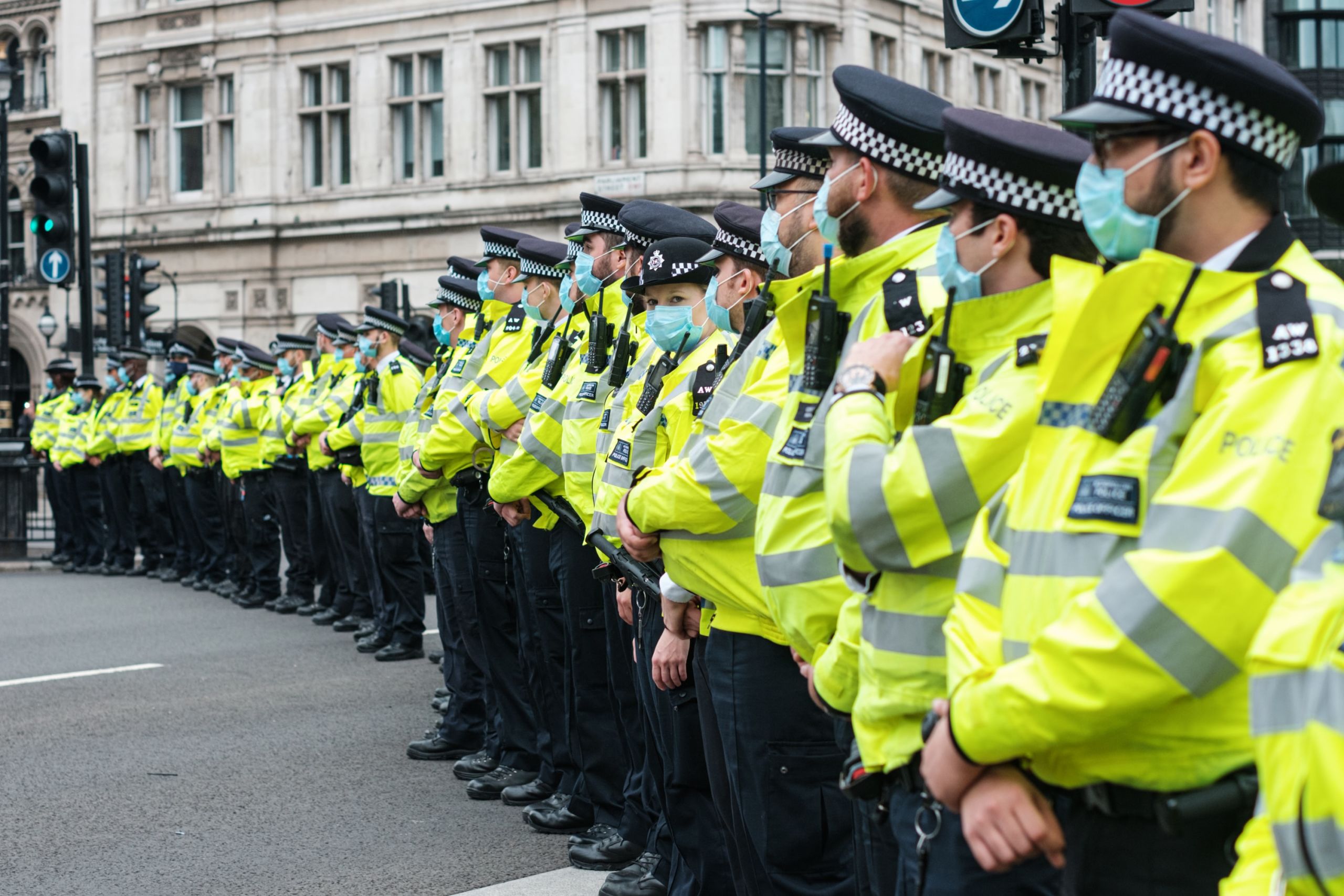
3. Stop and search
The use of stop and search is more disproportionate now than it was two decades ago, with no adequate explanation or justification for the nature and scale of racial disparities.
"Legitimacy in the eyes of the public is inextricably linked to the way the police use their powers—whether the police are fair and reasonable in the use of their powers, respectful during encounters and open in their decision-making."
On drug possession searches, in 2019 Black people were 2.4 times more likely than White people to be searched but in the last year were less likely to use drugs.
New scrutiny and transparency is needed including more use of police body worn cameras, community oversight, and new police training.
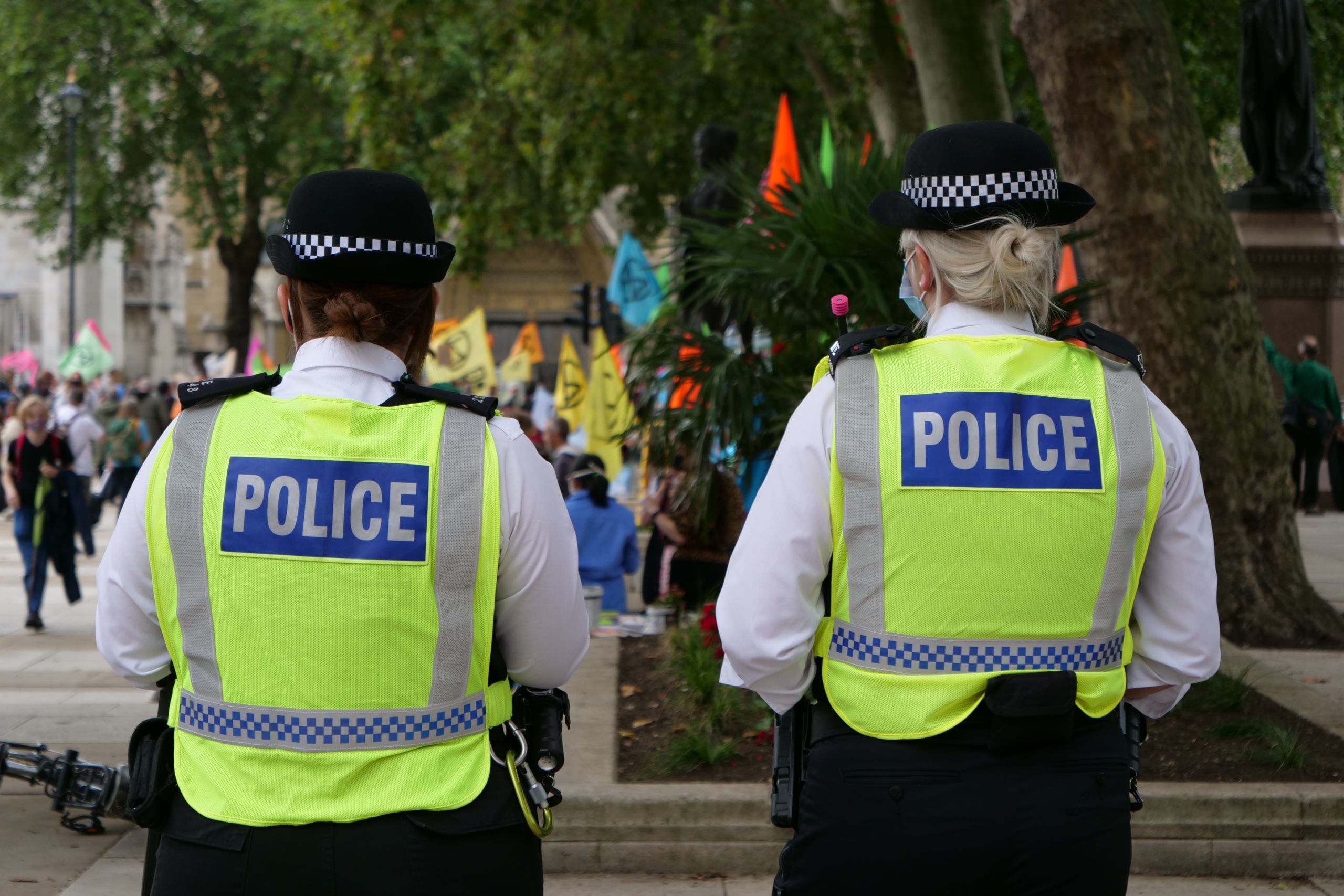
The Government must now respond to our report
Our report, 'The Macpherson Report: 22 years on' was published on 30 July 2021 and the Government has two months to respond to our recommendations.
Detailed information from our inquiry can be found on our website.
If you’re interested in our work, you can find out more on the House of Commons Home Affairs Committee website. You can also follow our work on Twitter.
The Home Affairs Committee is a cross-party committee of MPs responsible for scrutinising the work of the Home Office and its associated bodies. It examines government policy, spending and the law in areas including immigration, security and policing.
Before you go...
Title image credit: unsplash.co.uk - James Eades
